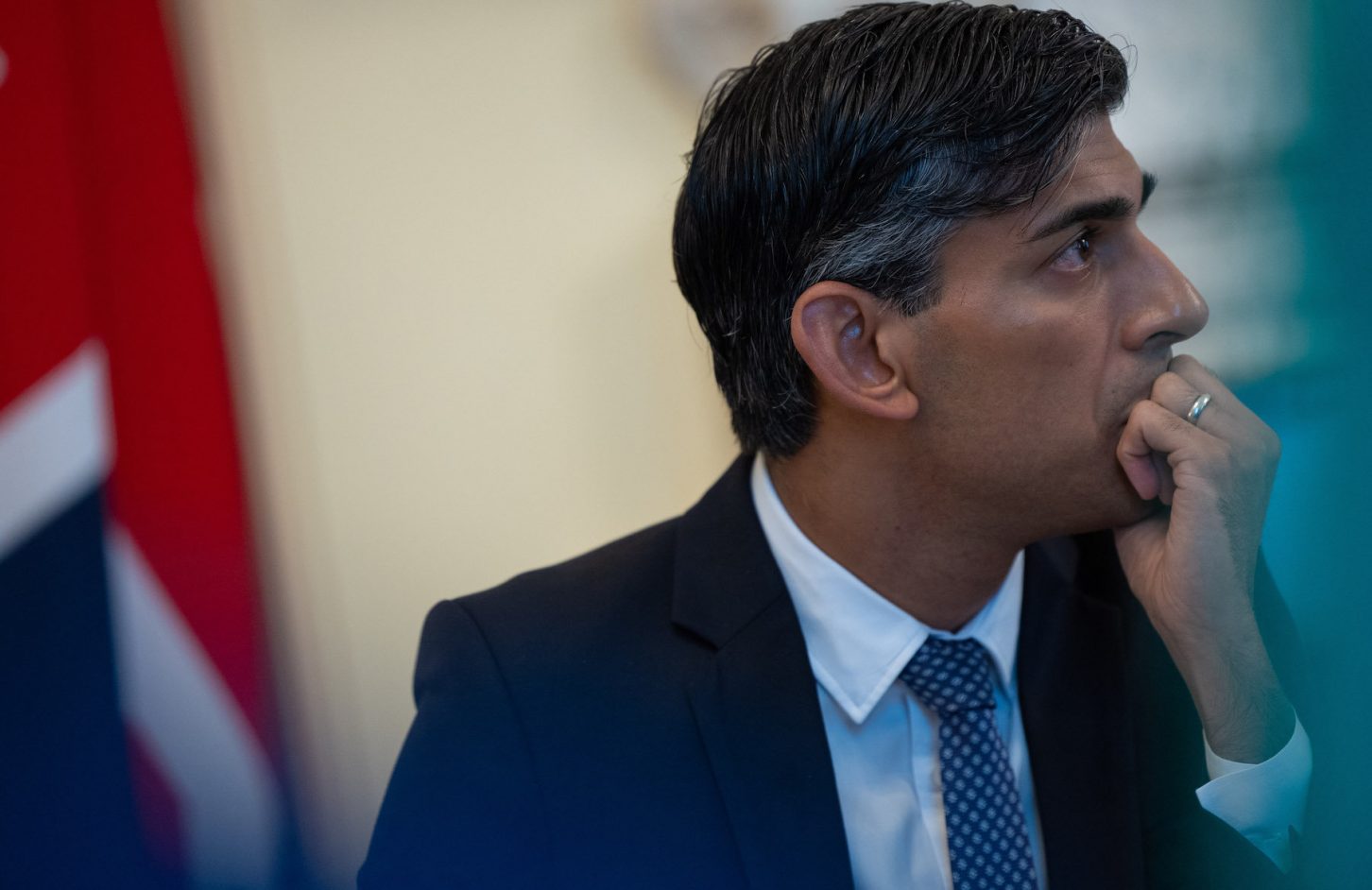Prime Minister Rishi Sunak has pushed back a ban on new petrol and diesel vehicles to 2035 in a slew of changes that investors have said will “undermine” the UK’s net zero targets.
The ban on new petrol and diesel car sales will be pushed back from 2030 to 2035, while there will be “far more time” to transition from gas boilers to heat pumps.
Sunak said the government remains committed to meeting its 2050 net zero pledge.
Leaks of the announcements had already drawn strong criticism from business leaders, including Ford and EON.
Sunak said on Wednesday afternoon that “investors should have absolute confidence that… the UK will remain the best place in the world to invest in the green industries of the future”....

